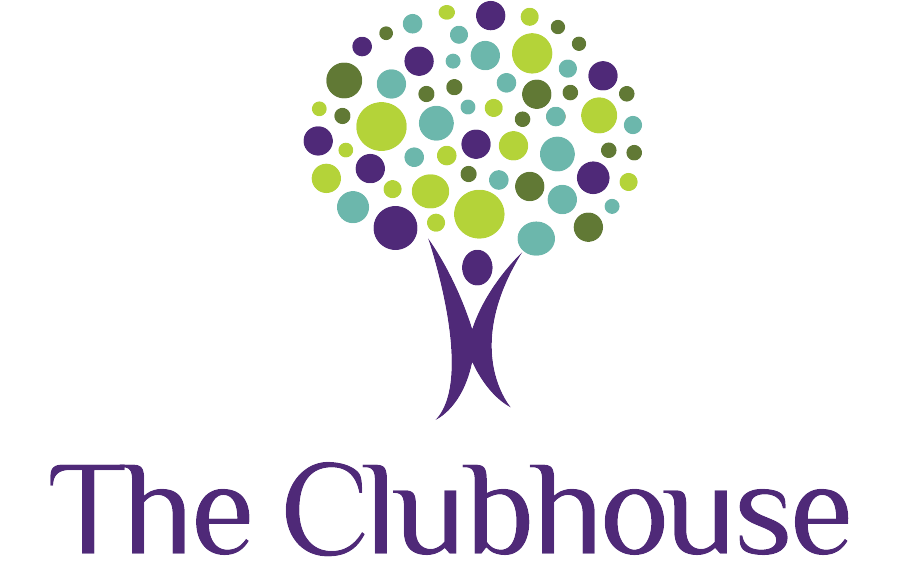As a parent of a child with autism, you might find yourself facing a lot of uncertainties and questions. You may wonder about your child’s development, potential diagnoses, or how to move forward with effective help. It’s important to talk with your pediatrician so you can get the support and information you need.
Here are some key questions to ask during your visit so you can better understand your child’s diagnosis and how to provide the best care possible.
At The Clubhouse, our pediatric therapy clinic has a dedicated team ready to empower parents and support families. We know how crucial early intervention is for your kid’s growth. Our team is here to help you take those important first steps with autism early intervention and provide the resources you need for your child’s unique needs.
Learn About Early Intervention Services
Developmental Concerns
Knowing your kid’s development is key to helping them thrive and be happy.
Can you explain your observations of my child’s development and why you believe they do or do not show signs of autism?
When talking about your child’s development, it’s a good idea to ask your pediatrician what they’ve noticed. They can share examples of your child’s behavior, communication, and social skills that might help you see if there are signs of autism spectrum disorders. Having this chat can give you useful insights into your child’s growth and help address any worries you might have.
Can you provide a developmental screening or assessment to evaluate my child’s cognitive, language, and social-emotional development?
Asking for a developmental screening or assessment such as the Ages and Stages Questionnaire can help you understand your child’s strengths and challenges. Your pediatrician can suggest tools to check how your child is doing in cognitive areas such as thinking, language, and emotions. These evaluations can highlight what your child does well and what areas they might need some extra help, making it easier to find the right resources for them.
Diagnosis and Evaluation
Spotting signs of autism early can help your child, so it’s important to know what to look for.
What are the signs of autism, and how do they manifest in children?
Autism shows up in different ways and can make things tough when it comes to speech, socialization, and repetitive tasks. For instance, a child might struggle to make eye contact, like to play alone rather than with friends, or have a narrow range of interests. They might also repeat movements, like rocking or spinning things. Spotting these signs can help you find the right support and help for your child.
Can we screen for autism, and what tools will you use for this?
Absolutely! Screening for autism is really important, and pediatricians have some great tools to help with this. For example, the Modified Checklist for Autism in Toddlers (M-CHAT) helps check a child’s development and points out any areas of concern. Usually, this involves asking parents specific questions about their child’s behavior, social skills, and communication. This info can help figure out if more evaluation is necessary.
Who do we see next for a comprehensive evaluation?
If the screening suggests your child might need more help, your pediatrician could recommend specialists like a child mental health professional, developmental pediatrician, or speech-language pathologist. These experts will closely observe your child, consult with you about their development, and utilize standard assessment tools. This thorough approach helps you understand your child’s strengths and challenges, so you can find the best support for them.
Intervention and Support
It can be tough to find the right support for your child, but it’s a crucial step to help them grow and develop.
What therapies do you recommend for my child, and are there any we can start while waiting for a diagnosis?
Therapies are really important for helping kids with autism learn essential skills. Some common options include speech therapy to boost communication, occupational therapy for daily living skills and sensory issues, and applied behavior analysis therapy (ABA) to encourage positive behaviors. Your pediatrician can help you figure out which therapies might be best for your child and may even recommend starting some before an official diagnosis. Early intervention can really speed up your child’s progress and provide support right away.
This is why The Clubhouse is here – we offer a range of therapies with our autism early intervention program that goes beyond the traditional, such as speech therapy and occupational therapy. Our team takes an individualized approach to help your child reach their full potential and give them every opportunity for success.
Learn About Early Intervention Services
Can you provide us with resources for early intervention services, such as speech therapy, occupational therapy, or applied behavior analysis (ABA)?
Your pediatrician can be a great resource for finding early intervention programs and services for your child. They can share contacts for local therapy clinics that focus on speech, occupational, and ABA therapies, such as The Clubhouse located in Illinois. We also offer a wealth of resources to help parents better understand their child’s needs and find the right support for them.
Are there support groups or community organizations that can provide additional resources and guidance for families with children with autism?
Joining support groups and community organizations can be helpful for families dealing with autism. These groups create a safe space to share experiences and tips while building a support network. Your pediatrician might suggest local chapters of groups like the Autism Society or parent groups, where you can find useful resources, guidance, and info about events. Getting involved with these communities can offer emotional support and practical advice as you and your child navigate this journey together.
Future Planning
Understanding how autism can influence your child’s development and future independence is key to providing the best support.
How will my child’s development be affected, and what level of independence can we expect?
Every kid with autism is unique, and their development may vary greatly. Some children may struggle with communication or daily living skills, which can impact their ability to be independent. However, with appropriate interventions and support, many children can learn essential life skills and achieve varying degrees of independence as they grow older. The goal is to help your child reach their highest potential, and early intervention can make a significant difference in their long-term development.
What changes will we need to make at home to better support my child, and where can we get more information about these changes?
Creating a supportive home environment is crucial for your child’s well-being. This might involve establishing a structured routine to provide stability, using visual supports to aid communication, and minimizing sensory overload in the environment. Additionally, actively participating in your child’s therapy sessions and practicing new skills at home can reinforce their learning. For example, practicing yoga regularly at home can help with body awareness and coordination.
Medical and Genetic Considerations
Understanding the medical and genetic factors behind autism can help when dealing with its complexities.
Should any medical tests be done to rule out other conditions associated with autism?
Yes, it’s a good idea to do some medical tests to rule out other conditions that might look like autism. Your doctor may suggest tests like hearing checks or metabolic screenings to make sure there aren’t any other issues affecting your child’s development and behavior. By eliminating these possibilities, you can concentrate on the right interventions for autism and give your child the best support possible.
If we plan to have more children, are they likely to have ASD too?
It’s normal to worry about the chances of having a child with autism spectrum disorder (ASD), but research shows it can depend on different factors like genetics and family history. If you already have one child with autism, the odds of having another child with ASD go up compared to families without autism. Just keep in mind that autism is a complicated condition influenced by many things. Talking to a genetic counselor can help you understand your family’s specific risks and make better choices about family planning.
Final Thoughts
Raising a child with autism can be challenging, but you’re not alone. With the right resources, support, and early intervention, your child can thrive and reach their fullest potential.
Remember, it’s all about creating a nurturing environment and connecting with the right medical professionals who understand your child’s unique needs.
If you’re interested in learning more about how we can support you and your family at The Clubhouse, discover our services today, and let’s work together to give your child the best start in life!

